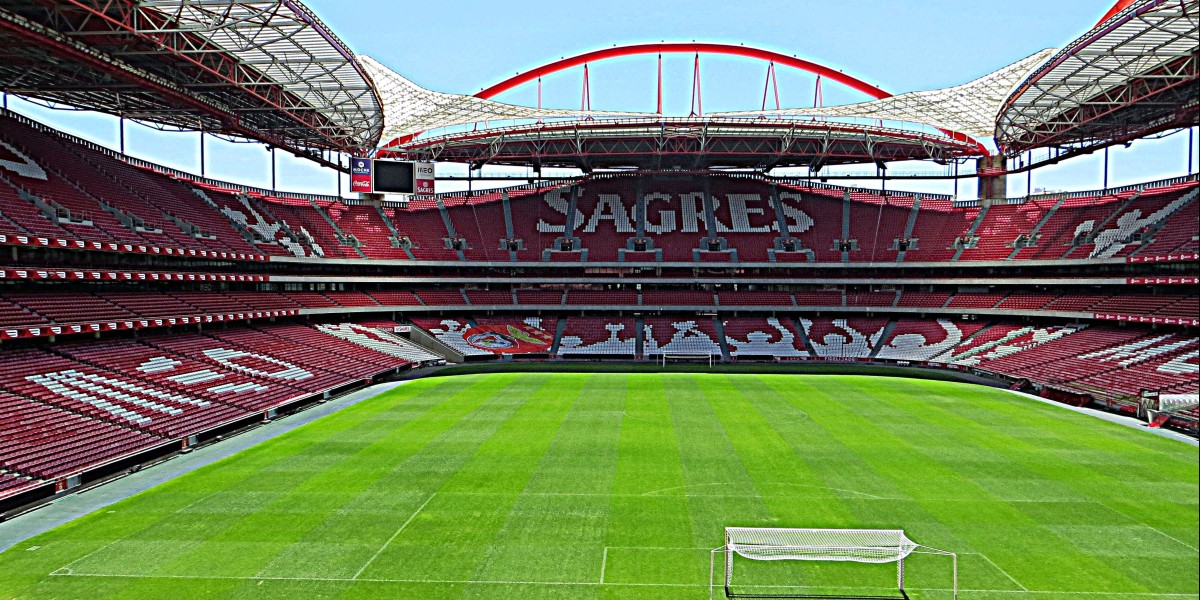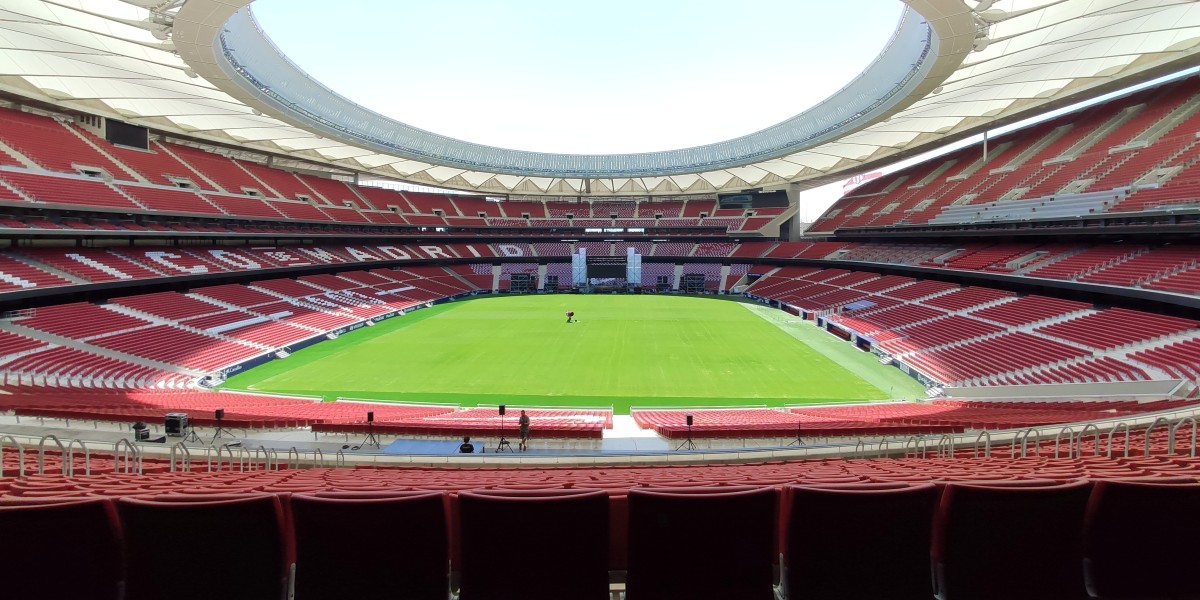
It's official: the 2030 World Cup will be hosted by Spain, Portugal and Morocco. With the initial participation of several South American countries, Spain will be at the heart of the world's most prestigious football tournament.
In total, nine Spanish cities and 11 stadiums will prepare for this major sporting event, which returns to the country almost half a century later. Discover the Spanish cities and their respective stadiums for the 2030 World Cup.
Where will the 2030 World Cup be played in Spain?
The 2030 World Cup will be held in several iconic cities in Spain, each with its own charm and one or more stadiums ready to welcome teams and fans.
Madrid
The Spanish capital will be one of the epicentres of the 2030 World Cup. Madrid will host matches in two of its most renowned stadiums: the Santiago Bernabéu and the Estadio Metropolitano. The Bernabéu, home to Real Madrid, is famed for its modernity and capacity to host major sporting events, while the Metropolitano, home to Atlético de Madrid, boasts state-of-the-art facilities.

Barcelona
Barcelona will be another key venue during the tournament. Matches will take place at the renovated Camp Nou, the largest stadium in Europe and home to FC Barcelona, which is currently undergoing refurbishment to accommodate nearly 100,000 spectators. Additionally, the RCDE Stadium will also host matches, providing a unique atmosphere with its modern design.
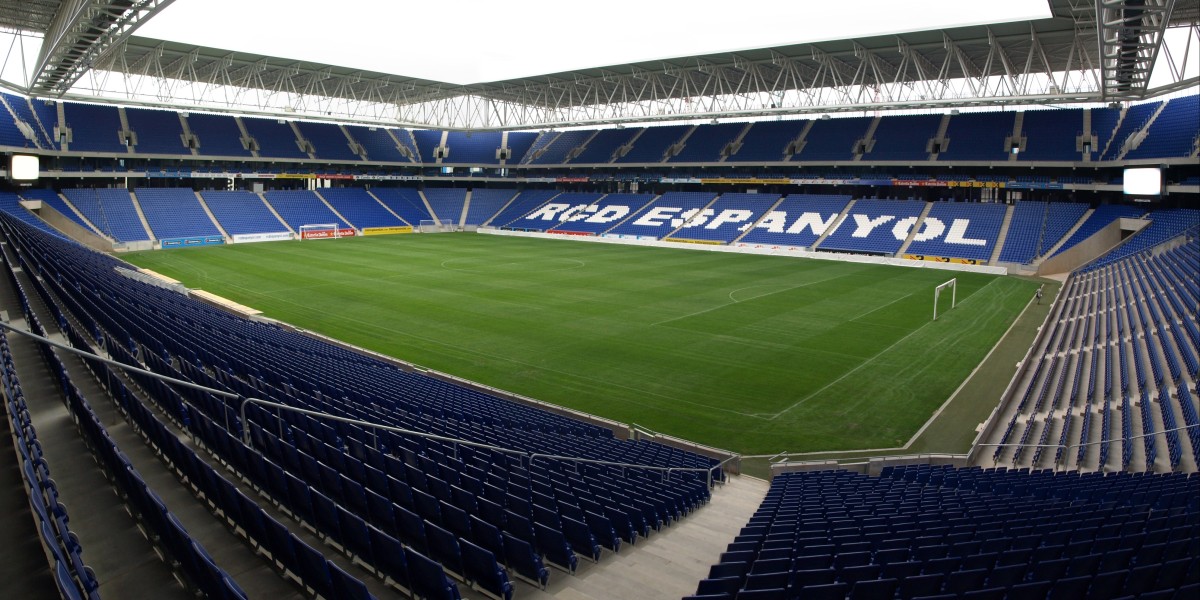
Seville
In southern Spain, Seville is preparing to welcome football fans to the Estadio La Cartuja. Known for its distinctive architecture, this stadium has hosted numerous international sporting events. With its warm climate and rich cultural offerings, Seville promises to be an unforgettable destination for World Cup attendees.
Málaga
Málaga, located on the Costa del Sol, will host matches at La Rosaleda Stadium, home to Málaga CF, currently in the Second Division. The stadium will undergo extensive renovations in preparation for the event. Known for its hospitality and vibrant nightlife, the city is an ideal destination to enjoy football and much more.

San Sebastián
San Sebastián will host matches at the Reale Arena, home of Real Sociedad. Renowned for its beaches and exquisite cuisine, this Basque city offers a picturesque setting to enjoy football. The stadium was renovated a few years ago, removing the classic athletics track that had previously kept spectators distanced from the pitch.
- Properties for sale in San Sebastián
- Rental properties in San Sebastián
- Holiday rentals in San Sebastián
Bilbao
Bilbao will be another prominent host city, with matches taking place at the San Mamés Stadium. Known for its electrifying atmosphere and innovative design, the stadium offers an unforgettable experience for fans. Bilbao combines tradition and modernity, with a world-renowned gastronomic scene making it an ideal destination for both football and culture.
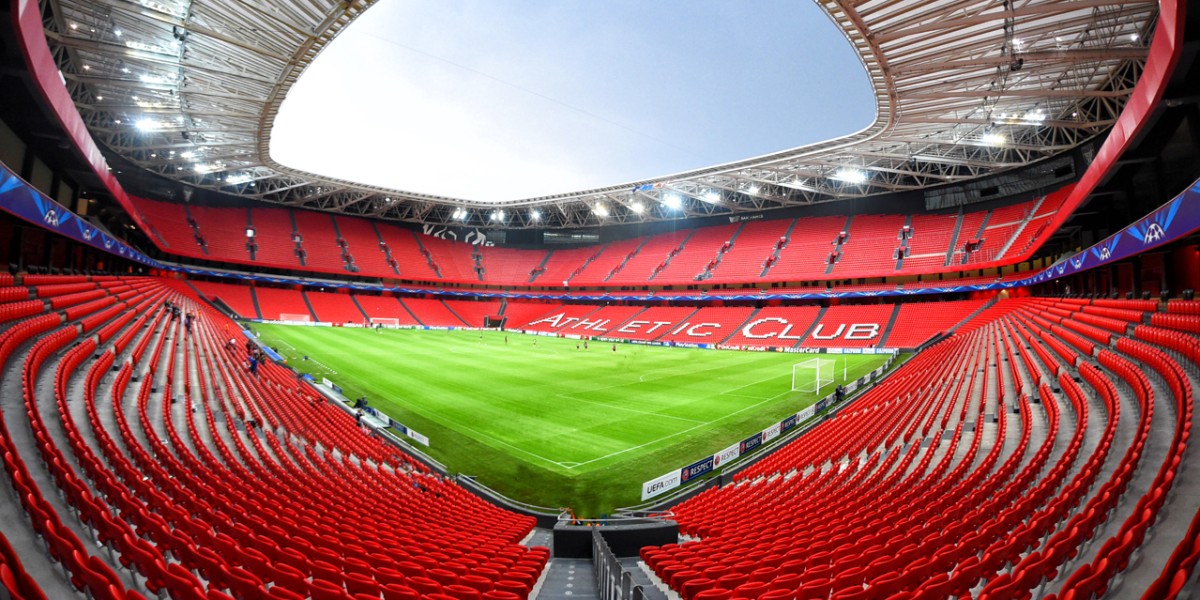
A Coruña
In Galicia, A Coruña will host matches at the Riazor Stadium, the current home ground of Segunda División side Deportivo. With a rich football history, the stadium is located near the sea, offering a unique atmosphere for sporting events. The city is also renowned for its natural beauty and warm, welcoming culture.
Las Palmas de Gran Canaria
Las Palmas de Gran Canaria will be another key venue, with matches taking place at the Estadio Gran Canaria, home of UD Las Palmas. The stadium offers excellent views and a warm climate year-round. Known for its paradisiacal beaches and laid-back atmosphere, Las Palmas is an appealing destination for football fans.
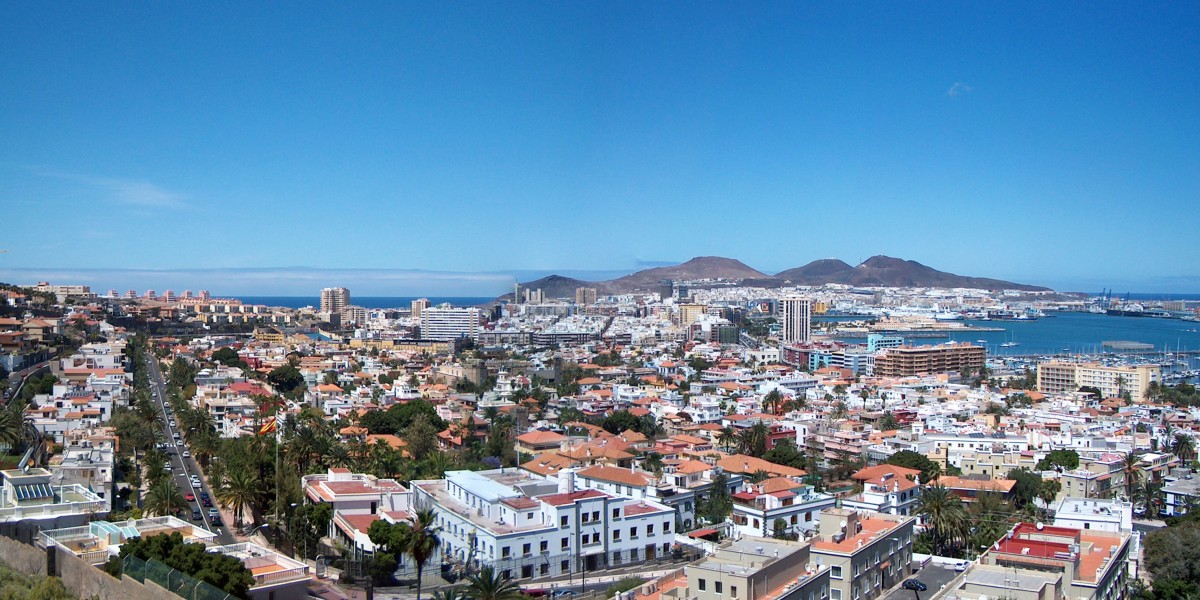
Zaragoza
Zaragoza will complete the list of host cities, with matches taking place at the Nueva Romareda, home of Real Zaragoza in the Segunda División. The stadium will be built on the current site, which is already undergoing demolition. Zaragoza is a city rich in history and culture, offering a comprehensive experience that goes beyond football.
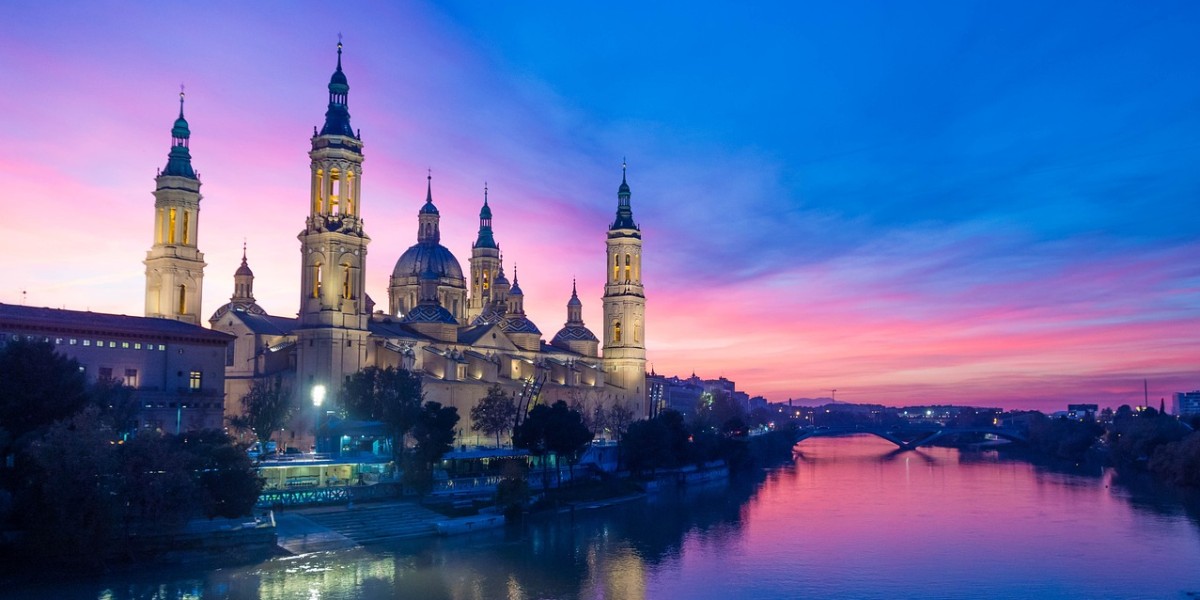
Spanish cities that have been left out
The 2030 World Cup has excluded several major cities from its list of venues. The most discussed omission is Valencia, which lacks the infrastructure for a large stadium, as construction of its new home was halted in 2012. Meanwhile, Seville, despite having La Cartuja, misses out on the vibrant atmospheres of Sevilla and Real Betis stadiums.
Another notable absence is Palma, a city with a significant population and its Visit Mallorca Estadi. Despite its strong tourist appeal, it has not been selected. Additionally, despite being among Spain's 10 most populated cities, both Murcia and Alicante are also left out.
Other venues for the 2030 World Cup
In addition to the Spanish cities hosting the 2030 World Cup, the tournament will also extend to other countries that share the excitement and responsibility of hosting. Portugal, with Lisbon and Porto, and Morocco, with Casablanca, Rabat, Tangier, Agadir, Fez and Marrakech, will complete the joint candidacy of the three countries.
Furthermore, the participation of South American countries – Argentina, Uruguay and Brazil – in the 2030 World Cup, with each hosting a match, marks the centenary of the first World Cup, held in Uruguay in 1930. This decision honours the origins of the tournament and highlights South America's historical significance in the world of football.
